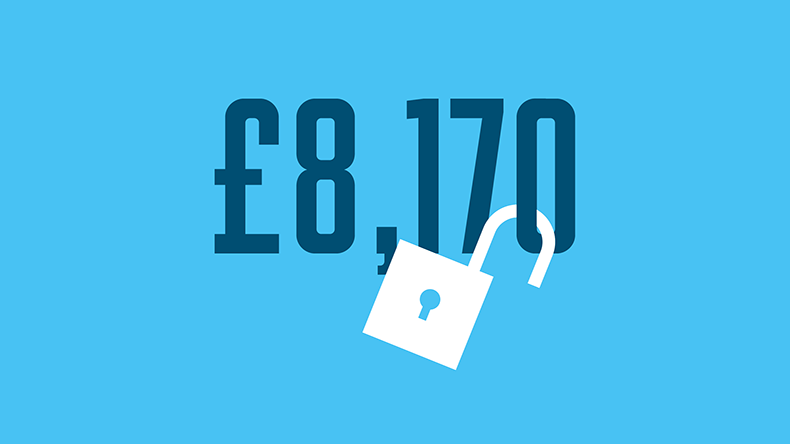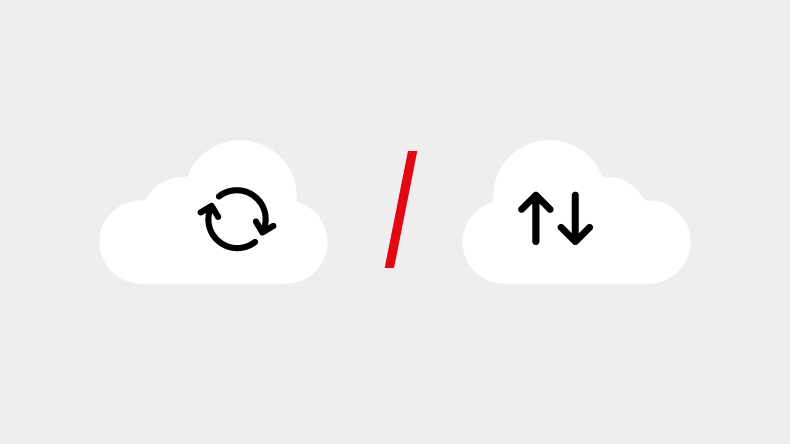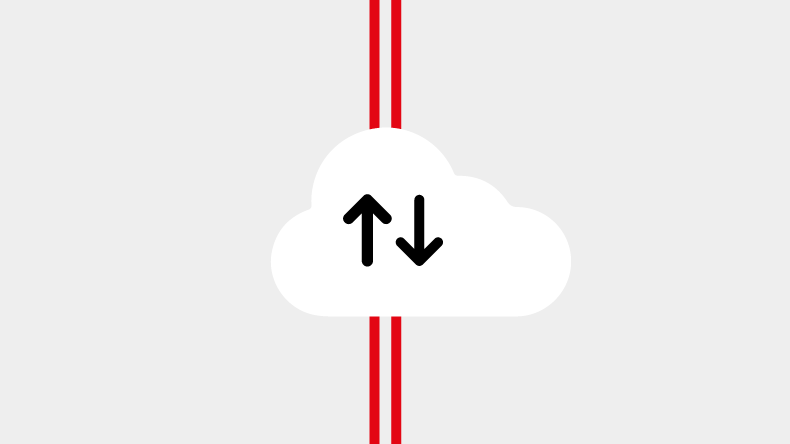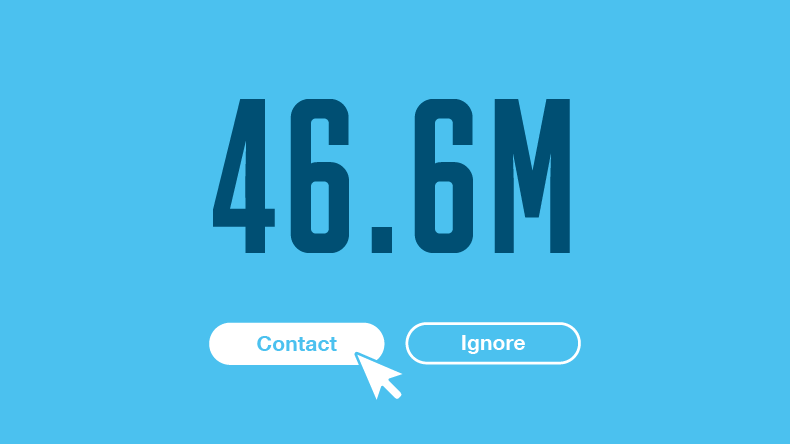Disaster Recovery
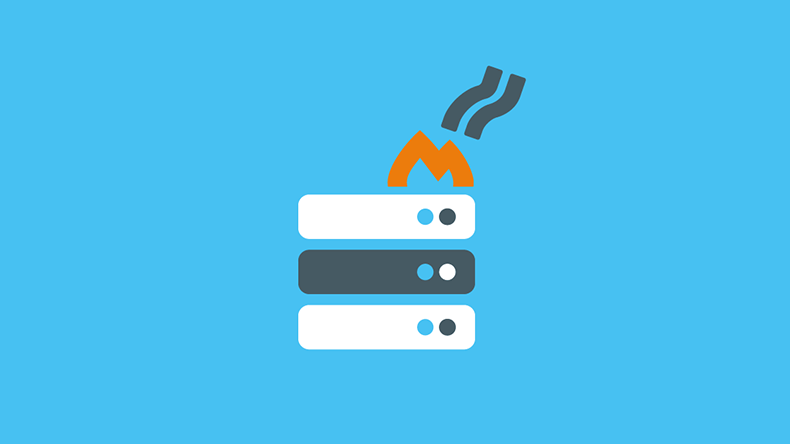
Many business owners are natural optimists. In a way, they have to be. If they didn’t have a firm conviction that their companies were going to prosper, they’d never have founded them in the first place.
However, you can take positive thinking too far. And one area where it’s vital to think about potential problems is disaster recovery and business continuity.
What is business continuity planning?
Business continuity planning, or BCP, is all about making sure your business can recover when disaster strikes. The better your BCP, the more resilient you are to rapid and wide-ranging changes in your environment.
The definition of ‘disaster’ varies from firm to firm, but it’s usually an event that has a very low probability but a very high impact. For example, you might go for decades, or your entire working life, without ever having to deal with a fire at your premises. But if it does happen, the consequences will be severe. And you can’t ignore the risk just because it’s unlikely to happen.
Most firms will need to consider several different types of risk that could jeopardise their operations. In the IT arena, the most important risks to consider are around the loss of business-critical data.
Critical data might include confidential customer records, mailing lists, intellectual property, business plans or anything else that has significant value for the business. The threats to this data can include theft by hackers, becoming inaccessible due to hardware failure or outright loss due to an external disaster such as fire or flood.
However, threats can also come from within – for example, if a disgruntled employee maliciously erases some key data, or if a team member just absent-mindedly deletes something by mistake.
How would you recover?
Imagine you wake up tomorrow and all your business’s data has just disappeared into thin digital air. What would you actually do? How would you get the business up and running again? Would you even be able to do it at all?
That’s the worst-case scenario. But disasters don’t have to be permanent, or even that ‘serious’, to have a major effect on your business.
For example, say your server fails and you can’t access your customer records for just a few days. You could still lose a huge amount of revenue – not to mention goodwill – during that period. Once you’re up and running again, you’ll have to deal with a backlog of customer orders, queries and complaints. That will be challenging in itself.
Also, if all your problems are widely publicised, people could lose trust in your organisation. You’d be losing customers that you hadn’t even gained yet. And there would be very little you could do about it.
A similar point applies to cybercrime. Even if hackers don’t succeed in stealing any really valuable data from you, a successful attack still shows that your systems are vulnerable. And that will make customers think twice about trusting you with their personal information in future.
Are you recognising the risk?
Some firms try to sweep BCP under the carpet – ignoring the risk in the hope it will go away. But with just about every firm now dependent on its data, and the threats pretty much universal, the time when you could do that is long gone. Every company needs to think about BCP.
Why do firms stick their heads in the sand over BCP?
Some simply aren’t aware of the risks, or don’t know how to set up a robust BCP approach. Others are struggling on with obsolete equipment that won’t work with modern backup systems.
Some believe that the cost outweighs the benefit – that BCP is too expensive for something so rarely needed. Their in-house IT team may also feel they’re too busy with other things. But as we’ve seen, improbable risks are still real risks. Ignoring them is like getting rid of lifejackets from passenger planes, on the grounds that they ‘probably won’t be needed anyway’.
In reality, BCP needn’t cost the earth – as long as you pick the right partner. An expert in BCP can help you make the right choices about offsite hosting, data mirroring, backup systems and your own working processes, so you can safeguard your business’ future without making huge sacrifices in the present.
Time to safeguard your business?
At Computer Service Centre, we can help you establish a robust plan for business continuity, and support it with state-of-the-art hosting and backup systems. If you’re ready to get serious about disaster planning, contact us on 01603 431200 or email solutions@computerservicecentre.com
Back to the blog.
